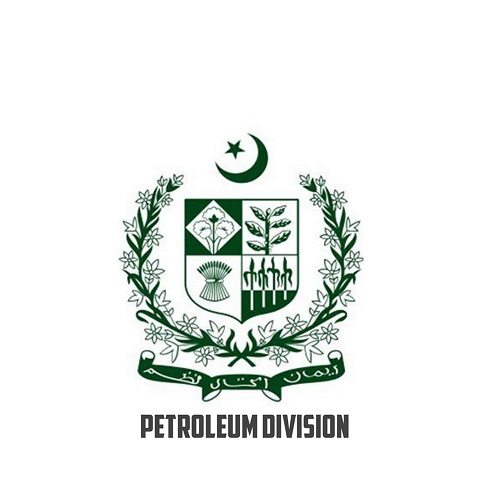Pakistan’s Petroleum Division has created a concept note to develop a roadmap
for green hydrogen in the country, which can be used as a fuel for transportation,
power generation, and industrial processes. The country depends on imported
fossil fuels, which is expensive and contributes to greenhouse gas emissions.
Hydrogen has the potential to aid Pakistan in expanding nature-based solutions,
reducing fossil fuel imports, and achieving its targets for a low-carbon economy.
Developing a hydrogen strategy for Pakistan would require significant investment
and support from the international community, and the development of partners
would be crucial to leverage access to climate financing for Pakistan.
The strategy will identify key sectors where hydrogen can be used as an energy
source, and feasibility studies will be conducted to assess the viability of hydrogen
development in those areas. Pakistan is strategically located and has the potential
to become a major exporter of hydrogen and related technologies.
Hydrogen has several advantages over conventional fuels, including being a
versatile, low/zero-emission energy carrier, which is renewable and abundant.
Hydrogen can be produced from various sources, including renewable energy
sources such as wind and solar, and it has the potential to provide a sustainable,
resilient, and prosperous energy system. Hydrogen can also help reduce fossil fuel
dependence and emissions, which are major contributors to climate change.
Additionally, hydrogen fuel cells are efficient and quiet, making them ideal for use
in transportation. As a fuel, hydrogen can also store and transport energy, making
it an attractive option for countries looking to enhance their energy security.
Overall, developing hydrogen as a fuel source can bring several benefits to
Pakistan, including enhancing energy security, reducing emissions, and boosting
economic growth.







